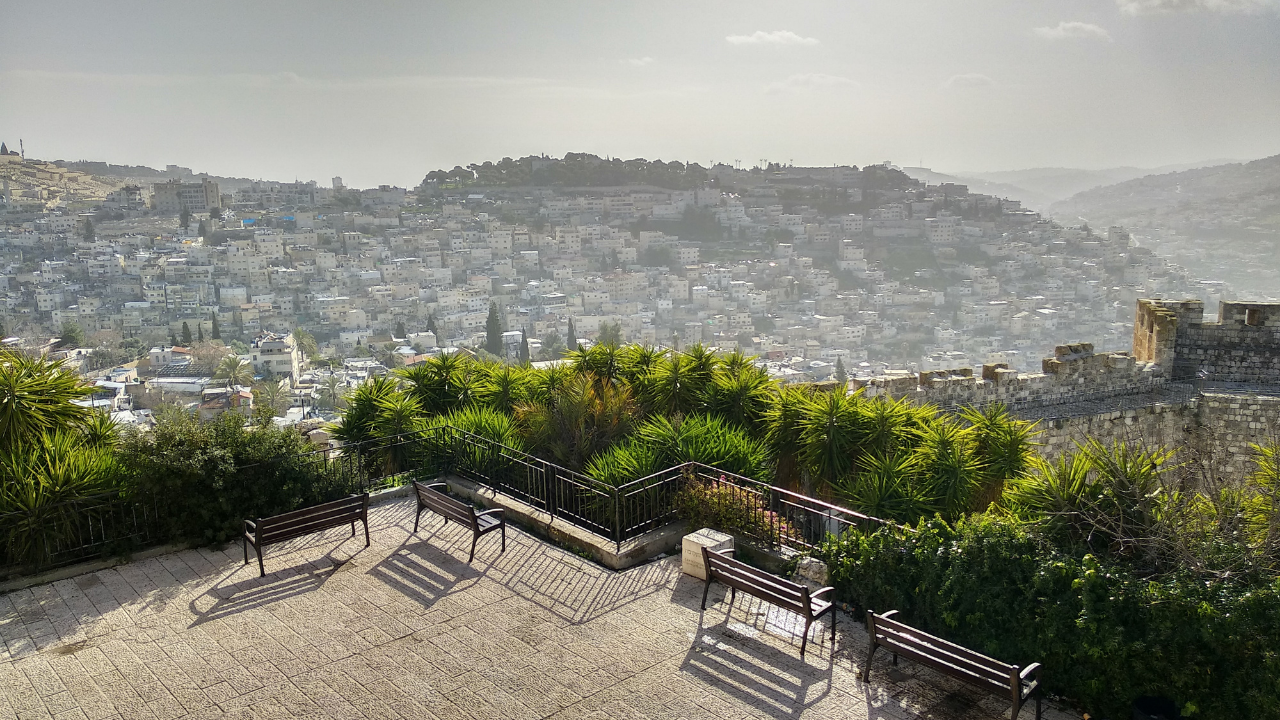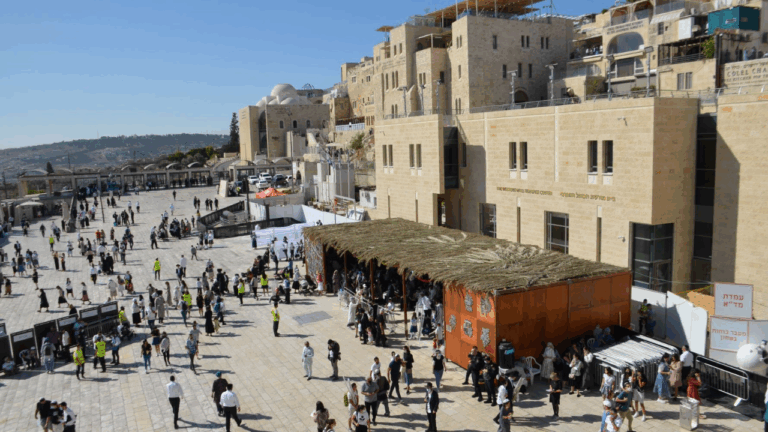Our Natural Connection to Jerusalem
Our parsha seems repetitive. Torah describes the events of Eliezer’s trip to Aram Naharaim in great detail. Then, when Eliezer meets Lavan and tells him about his mission and miraculous story, the Torah does not suffice to simply say that Eliezer recounted the story to Lavan. Rather, it records for us the entirety of Eliezer’s long monologue, essentially repeating the events that were just narrated a few verses earlier.
Rashi hones in on this problem and explains as follows:
Rabbi Acha said: The ordinary conversation (sichatan) of the servants of the Patriarchs is more beloved before the Omnipresent than the Torah of their sons, for the section dealing with Eliezer is repeated in the Torah, whereas many fundamentals of the Torah were given only through allusions.
The Torah prefers to elaborate on the conversations of Sefer Bereishit than the details of Jewish law that appear in later books. What is the meaning of this cryptic statement? What is the unique significance of these ordinary conversations?
Rav Kook explains that this Midrash highlights a fundamental difference between the texture of the service of God that existed during the time of our forefathers and foremothers and that of the rest of the Torah. The majority of the Torah and Jewish history occurs in a post-Sinai world where we received the Ten Commandments along with many other Mitzvot. In many ways, our basic relationship with God is mediated through these commands and we obey them as a servant would his master’s commands.
There are advantages to having these commands and the Jewish people joyfully received them. However, there is also a potential danger. We can become so focused on fulfilling all of the details of every footnote in the Code of Jewish Law that elements of the natural and organic relationship with God might become lost.
In addition to the Mitzvot, we must remember that in every aspect of our lives – both the seemingly sanctified parts and the seemingly mundane – we can instinctively realize that we are in God’s presence. Judaism is not just about a series of “dos and donts” but a holistic and ongoing conversation that we have with God.
It is for this reason that the Torah elongates on the “conversations” of the servants of the forefathers. Sefer Bereishit occurs prior to the formal commands, and yet the forefathers and their circles lived in a naturally God-suffused environment. It is important that this message of naturalness precedes the Mitzvot of the rest of the Torah such that this foundational element in our relationship with God does not get lost in the shuffle.
With this characterization of the service of God in Sefer Bereishit, we can gain a new appreciation of the fact that Yerushalayim is introduced to us as part of the stories of Avraham. Both Malkitzedek and Avraham recognize the uniqueness of the city and serve God there. This establishes the fact that there is a natural and holistic connection between sanctity, service of God and the city of Yerushalayim.
Yes, there are many Mitzvot and laws that revolve around the Beit HaMikdash and Yerushalyim and these are necessary to keep to serve God properly. But we must remember that our relationship with our city transcends any particular Mitzvah or law, rather it is a natural outgrowth of our desire to become close to God.



